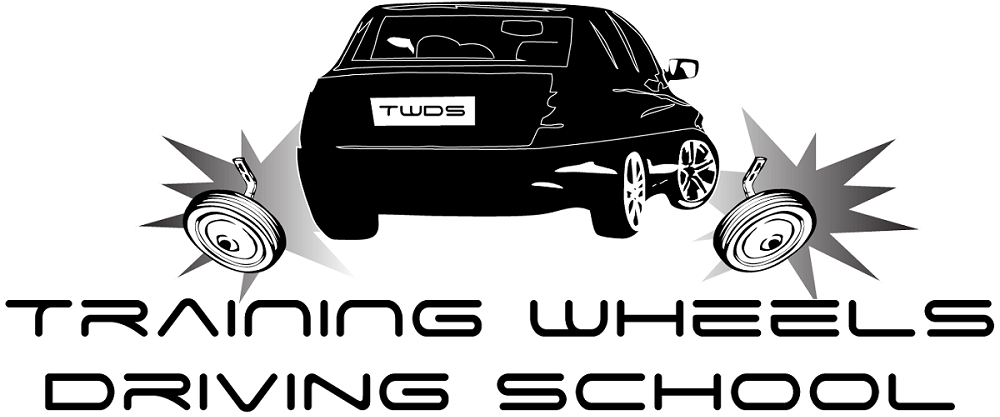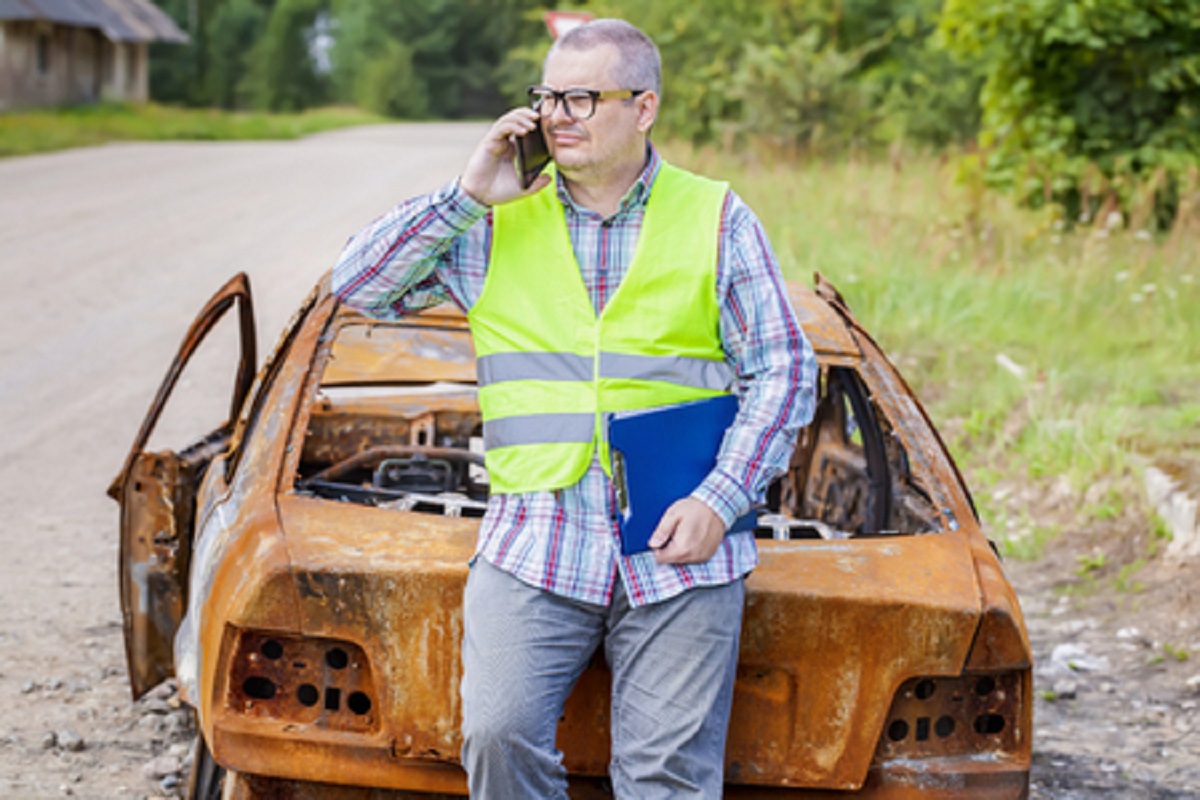If improperly disposed of, nearly everything that is part of a vehicle’s waste presents human health and environmental hazards. Most automotive products people use every day are flammable as well, and they can’t be disposed of in the garbage, storm water sewers, septic tanks, or drains. Not only is the improper disposing of vehicle waste damaging and even life threatening, but it’s also illegal, with perpetrators facing both criminal and civil penalties. Fortunately, most automotive products out there can either be recycled or reused. For further information about hazardous waste gathering programs, individuals should contact their county’s extension office or its solid waste department. To get an idea of how to dispose of a vehicle’s various parts, check out our quick guide below.
Motor Oil
Used motor oil that’s been illegally disposed is among the greatest sources of oil pollution. Upon dumping motor oil into a backyard, in the garbage, or down a storm drain, the contaminants enter ground/surface soil and water. Motor oil gathers your engine’s heavy metals, which are toxic to plants, wildlife, and people, and a pint could produce an acre-long slick on water.
The best disposal method for motor oil is recycling it, as oil doesn’t wear out—it only gets dirty. First, drain your oil and then transfer it to a container with a tight-fit lid, such as a metal can or plastic jug (ensure these containers aren’t holding other products, thereby causing cross contamination). From there, many service stations as well as community recycling programs will take the used oil.
Batteries
Vehicle batteries have poisonous corrosive materials as well as heavy metals that could contaminate surface water and soil. Fortunately, nearly all standard lead-acid car batteries can be properly disposed of through recycling. Upon buying a new car battery, many auto body shops accept old batteries for recycling and waive the core charge linked with disposing of the product properly. In order to prevent spills prior to recycling, store the battery upright and in a leak-proof, acid-resistant, sturdy container.
Antifreeze
Being highly toxic and poisonous, antifreeze, when ingested, can result in death. This is why it has to be handled with great care, especially since animals and children could like its sweet taste and smell. For those replacing antifreeze themselves, drain out all of the coolant first before running for several minutes while filled with distilled water. Then, drain the water, refilling with fresh coolant. Store old antifreeze in its original container before bringing it up to a nearby recycling center where it’ll be purified and utilized again.
Gasoline
Highly toxic and flammable, gasoline can contaminate water and soil if disposed of incorrectly, so store it in a permittable container away from ignition sources, direct sunlight, and living areas. Remember, don’t use old gas as a paint thinner, weed killer, or solvent. If the gasoline is possibly contaminated, bring to a local hazardous waste gathering center.
Brake and Transmission Fluid
Both brake and transmission fluid are highly corrosive and toxic, and they must be stored in separate leak-proof containers in order to prevent spills and cross contamination. Bring both used fluids to a hazardous waste program or a service station that will take them.
Tires
Illegally discarded tires can cause toxins and petroleum products to leak into water supplies and the ground. While some use old tires for energy or noise absorption, most tread-bare tires have very little use. Store old tires in an outside area that’s protected from fire or rain, but local restrictions could limit the tires that can be stored at once. If replacing old tires, tire centers and shops must recycle old tires though there could be a small fee for those who do not plan to buy new tires.
Think you or someone you know is in need of Behind the Wheel Training? Training Wheels is a Longport driving school specializing in teaching new teen drivers how to stay safe on the road. For more information on our lessons, please click here.
Copyright: ilze79 / 123RF Stock Photo

